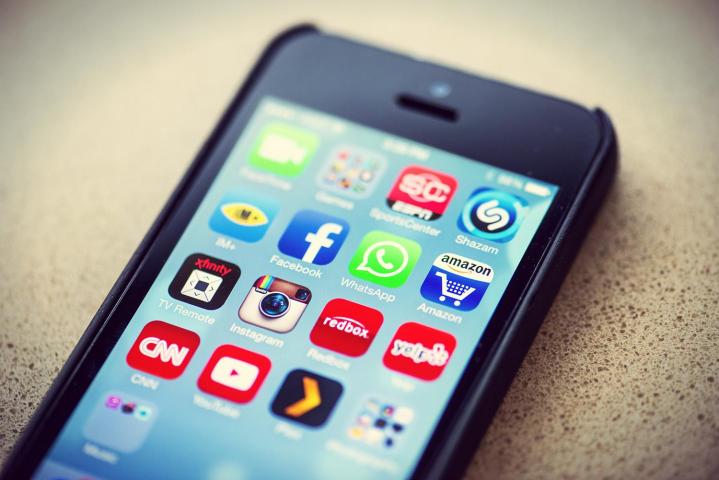
If you thought paying $1 billion for Instagram was crazy, then this will blow your freakin’ mind: Facebook announced late Wednesday that it has acquired messaging app WhatsApp for $19 billion. Yes, that’s billion, with a “b.” We’ll give you a moment to pick your jaw off the floor.
The WhatsApp deal involves some $4 billion in cash, and another $12 billion worth of Facebook stock up front – that equals $16 billion, in case you don’t have a calculator in front of you. WhatsApp’s founders and employees will also receive another $3 billion in Facebook shares over the next four years, bringing the total cost of the acquisition to $19 billion. The deal has been confirmed in documents filed with the U.S. Securities and Exchange Commission.
Facebook has agreed to pay WhatsApp $1 billion in cash and to issue $1 billion in Facebook stock as a breakup fee, if the SEC does not approve the deal.
A quick look at the numbers shows why Facebook spent billions on a 5-year-old text messaging alternative. In a press release, Facebook revealed that WhatsApp has some 450 million active monthly users, 70 percent of whom use the messaging service daily. At that rate, says Facebook, the number of WhatsApp messages approaches the total number of SMS text messages sent across the entire globe on an average day.
“WhatsApp is on a path to connect 1 billion people. The services that reach that milestone are all incredibly valuable,” Mark Zuckerberg, Facebook founder and CEO, said in a statement.
In a blog post, WhatsApp co-founder and CEO Jan Koum, who will join Facebook’s board of directors, said that the app “will remain autonomous and operate independently” of Facebook, and that “nothing” will change for users. Koum also said that the deal “will give WhatsApp the flexibility to grow and expand,” while giving him, co-founder Brian Acton, and the rest of the What’sApp team “more time to focus on building a communications service that’s as fast, affordable and personal as possible.”
WhatsApp does not serve advertisements to users. Instead, the app charges a $1 annual fee after a year of free service. Koum says the app will remain ad-free under Facebook’s umbrella.
Jim Goetz of Sequoia Capitol, the investment firm that provided WhatsApp with $8 million in funding – the only funding the company received, according to Crunchbase – sought to explain the $19 billion sum fetched by WhatsApp in a blog post. He attributes the staggering acquisition amount to the app’s exploding active userbase, the company’s “legendary” team of just 32 engineers, Koum’s and Acton’s devotion to “building a pure messaging experience,” and the fact that WhatsApp spent exactly $0 on marketing.
“Those less familiar with WhatsApp and its wonderful product will marvel at how a young company could be so valuable,” wrote Goetz. “Many of those people will be in the U.S. because there’s no other home grown technology company that’s so widely loved overseas and so under appreciated at home. … Today PayPal and YouTube are both household names around the world. Tomorrow the same will hold true for WhatsApp.”
Shortly after Facebook announced the deal, CEO Mark Zuckerberg said in a post on his Facebook Page that WhatsApp will help fulfill his company’s “mission … to make the world more open and connected.”
“WhatsApp will complement our existing chat and messaging services to provide new tools for our community,” Zuckerberg wrote. “Facebook Messenger is widely used for chatting with your Facebook friends, and WhatsApp for communicating with all of your contacts and small groups of people.”
Zuckerberg added that the WhatsApp team “had every option in the world, so I’m thrilled that they chose to work with us.” Facebook has allegedly been looking into buying WhatsApp since 2012, while Google was said to have offered to buy the company for $1 billion in April of last year – a rumor that WhatsApp’s head of business development Neeraj Aroratold later refuted. Not that $1 billion would have been enough, anyway.
Updated with comments from Jim Goetz, additional comments from Mark Zuckerberg, and additional contextual information. Last updated at 7:20pm ET.

